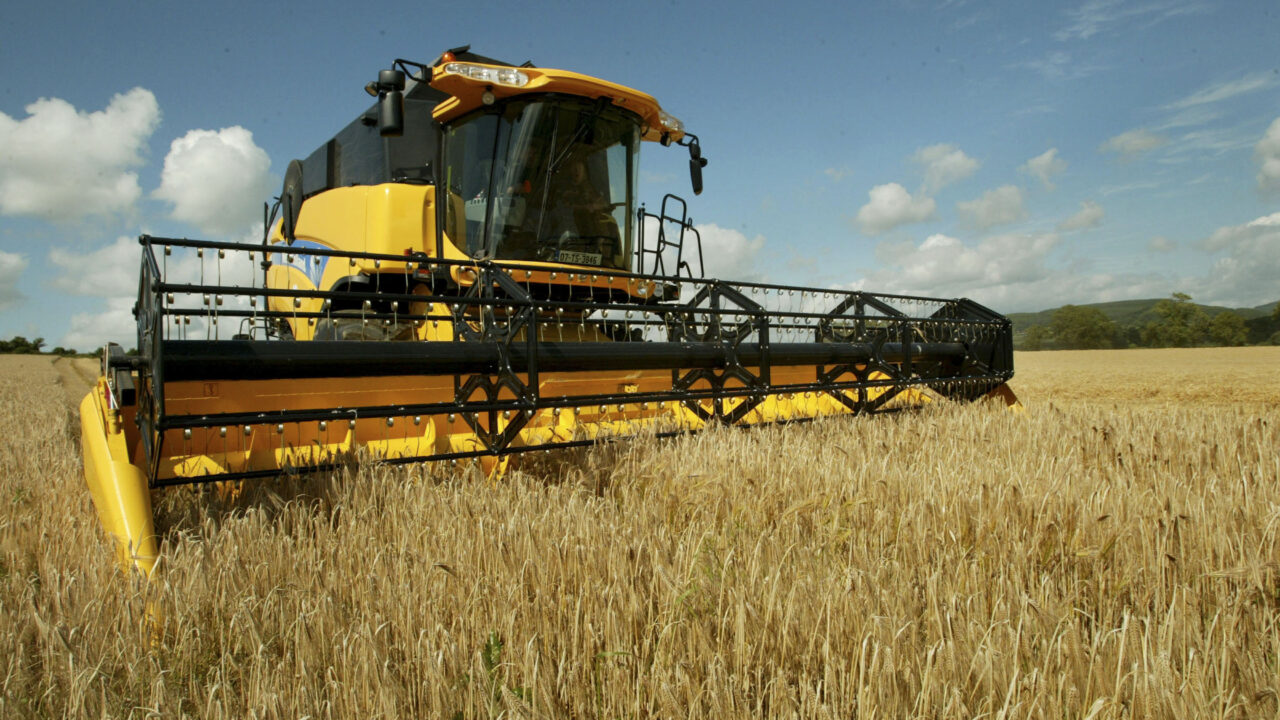Tillage farmers, who have struggled to harvest crops due to the difficult weather conditions, will not receive an European Union (EU) funded aid package.
This is according to a representative of the European Commission who addressed the issues facing tillage farmers at the European Parliament on Wednesday.
Speaking at a Committee on Agriculture and Rural Development meeting yesterday, the Commission representative told MEPs that he does not believe that such a measure will be introduced, as “Member States are not lobbying.”
He continued to say that the current crisis in the tillage sector could have knock-on effects for livestock enterprises, and he added that these difficulties must be used to inform the Commission when making future decisions.
Turning to Ireland, he said that the good harvests in recent years have probably compounded the issue, as many farmers increased their acreage on the back of last year’s bumper harvest.
Also speaking in Brussels, Mairead McGuinness, MEP and Vice-President of the European Parliament said a sharper focus on risk management measures for grain farmers will be necessary to tackle some of the weather and income difficulties experienced in many Member States in 2016.
McGuinness said that the Commission’s overview of the market points to lower grain quality and yields in 2016, with yields down by about 5%.
“In France, the harvest is down 24% on 2015 with Denmark, Estonia, Cyprus, Latvia also suffering, with yields down on 2016.
However, poor yields in some Member States have been complimented by good yields in other Member States particularly in southern Europe that have had bumper harvests.
“The overall EU harvest is only slightly below the 300m tonnes yearly average with the market still in balance with high storage earlier this year,” she said.
Grain prices are also down she said, but the Commission pointed out that input costs have fallen, with fertiliser prices down across the EU.
“The Commission confirmed that Member States can assist farmers under state aid rules and referred to the initiatives in France to support the sector via loan guarantees.
“The Commission said that despite 2016 being a bad year for cereal farmers, it is of the view that the cereal sector is in a good position in comparison to other sectors, with few structural deficiencies and competitive on the world stage,” she said.
